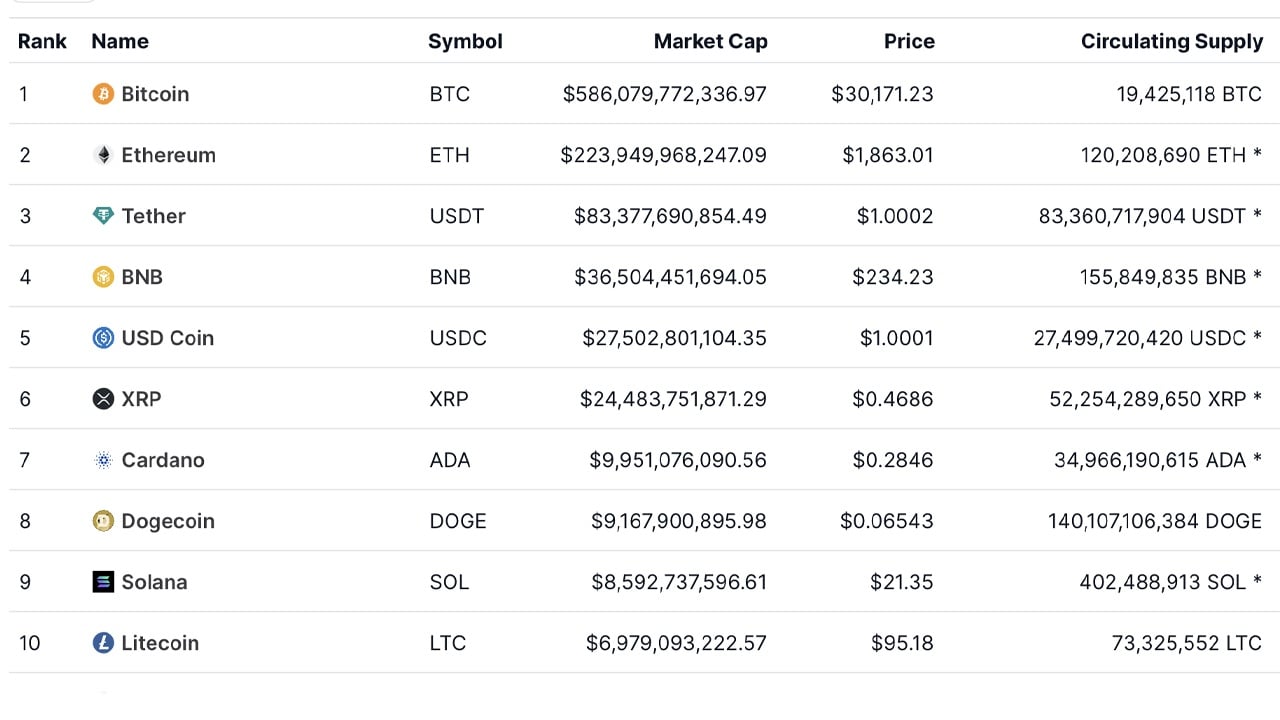South Korea has announced that it has moved its proposed crypto tax imposition on the general public. According to the announcement, the new crypto tax imposition will begin in 2025. This new proposal is in line with the view of the president of South Korea, Yoon Suk-Yeol. According to the president, levying tax on crypto traders in the country is not something that should be focused on as it will come later.
Analysts wary of reasons behind the postponement
The president of South Korea mentioned that the country is focused on building a better infrastructure for crypto traders and the market. Once that is achieved, the country will now focus on how to go about levying taxes on the crypto market. Initially, the South Korean government After the announcement, analysts across the country have been speaking about some of the major reasons why the government of South Korea keeps moving the time to levy taxes on assets.
While some believe the government is not ready, others feel they need more time to finalize the tax details. Notably, this postponement makes it the third time the government would decide not to impose taxes. Meanwhile, this present postponement would see the taxes shifted for two more years before it is potentially imposed on traders and the assets.
South Korea seeks to reform the crypto industry
South Korea is also working on reforms in the crypto sector, with the country looking to improve the industry. Once these reforms are in place, the crypto tax will be introduced at the set time. According to the previous breakdown of the crypto tax, only traders that transact more than $1,900 at the end of every year would be tasked with paying the levied tax.
However, traders still do not fully accept the tax as the majority feel the levy is slightly harsh on them. This is because the country is one of the sector’s strongholds and most of its residents use crypto. Aside from trading digital assets, others use the asset in their day-to-day activities. There are also concerns that the move could negatively affect small-scale traders as they would be unable to recoup the expected profits should they be charged a 20% tax.





